The Distributed Control System (DCS) plays a crucial role in advancing industrial autonomy and adaptability, especially in the era of intelligent manufacturing. It is widely used across sectors such as power, petrochemical, chemical, wind power, and photovoltaic industries, presenting significant opportunities for domestic alternatives.
A DCS is a multi-tiered computer system that integrates computer technology, communication technology, CRT technology, and control technology. It features decentralized control, centralized operation, hierarchical management, and flexible configuration. As modern technologies like 5G, the Internet of Things (IoT), and big data evolve, DCS systems are moving towards greater diversification, networking, openness, and integration. This shift necessitates higher standards for the reliability, security, and openness of the fundamental computer hardware that supports DCS technology.
MOORE Automation, a leading global brand in module and spare parts sales, leverages its advantage in providing "shutdown control system components" with extensive inventory to meet the diverse needs of DCS system applications.
Information security in DCS systems is becoming increasingly critical. It involves two main aspects: ensuring the integrity of communication links and protecting against attacks such as viruses, external theft, and manipulation. With the widespread adoption of Ethernet in control systems, these concerns have gained more prominence.
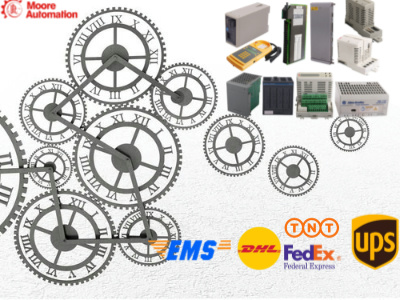
The development of integrated solutions is a notable trend in DCS systems. The distinction between DCS and PLC systems is increasingly blurred due to advancements in internet and information technologies. As the factory integration trend continues, manufacturers are enhancing their fourth-generation DCS products and extending their capabilities horizontally and vertically. This integration aims to unify control, instrumentation, and electrical control under a cohesive framework.
Flexibility is becoming a key feature for mid-range market DCS systems, catering to the needs of small and medium-sized process production enterprises. As these businesses expand their investments. Manufacturers are responding by offering more user-friendly and adaptable DCS systems, enhancing both software and hardware flexibility.
In the competitive DCS market, where new projects are declining and supplier competition intensifies, the service sector has emerged as a significant growth area. With decreasing prices due to intense competition, manufacturers are focusing on the existing installed base to drive upgrades, renovations, and value-added services. MOORE Automation offers a strategic advantage by sourcing equipment and spare parts from various international suppliers, providing notable cost benefits.
The mid-range market and small to medium-sized users have become vital areas for DCS business growth. Industries related to daily needs, such as food and beverage, pharmaceuticals, and water treatment, are experiencing rapid expansion. Investment in small and medium-sized chemical processes is also growing, highlighting the importance of cost, configuration flexibility, and usability in the DCS market. For these systems, the primary cost factors are hardware design, system integration, and engineering maintenance, rather than just the product price itself.
 12/03
12/032025
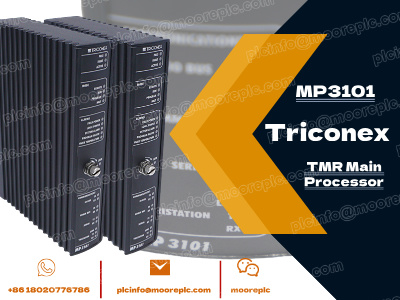 11/03
11/032025
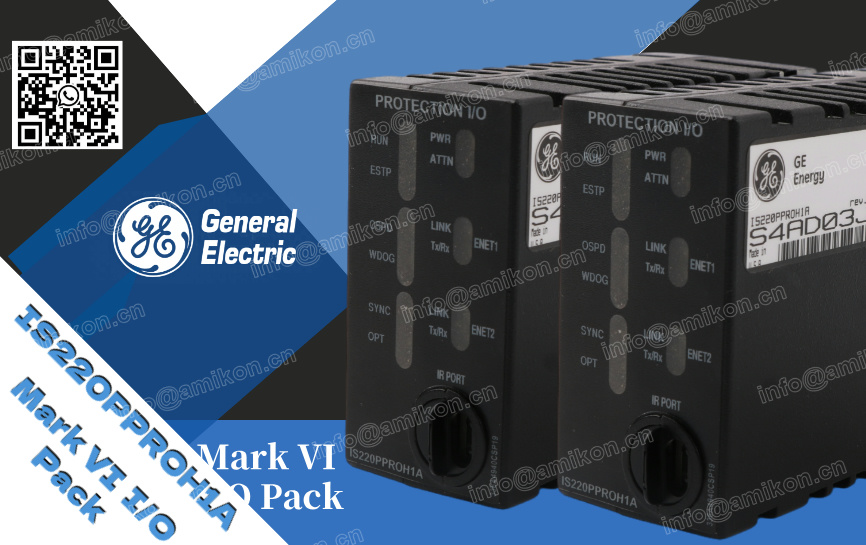 10/03
10/032025
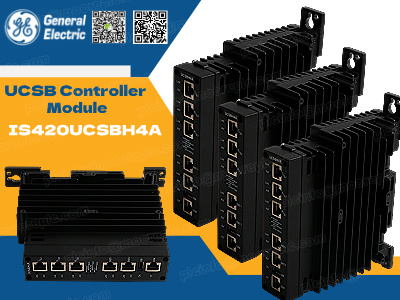 06/03
06/032025
 12/03
12/032025
 11/03
11/032025
 10/03
10/032025
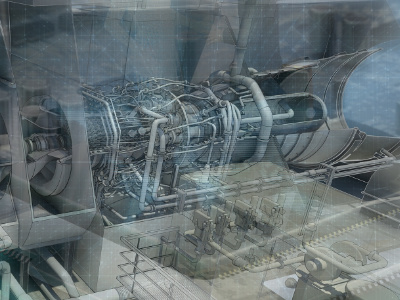 06/03
06/032025

32D floor, Guomao building, Hubin South Road, Siming District, Xiamen City, Fujian Province, China.


 IPv6 network supported
IPv6 network supported
Our hours
